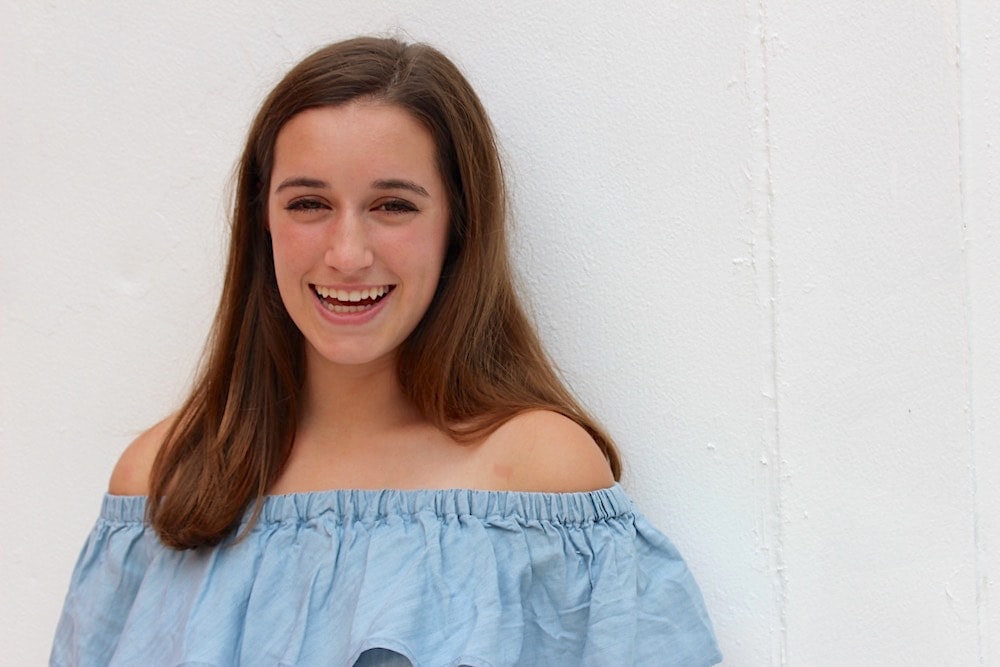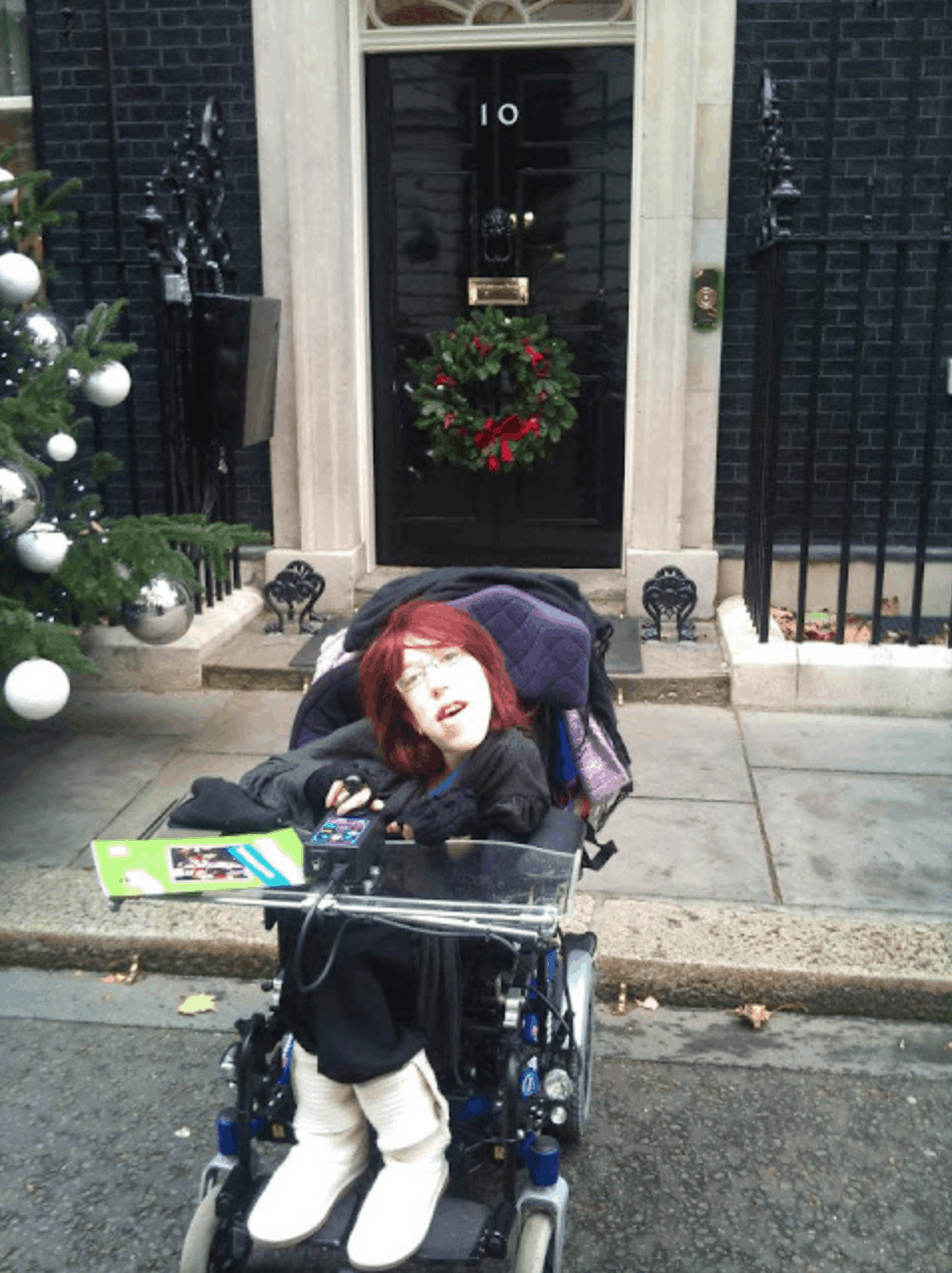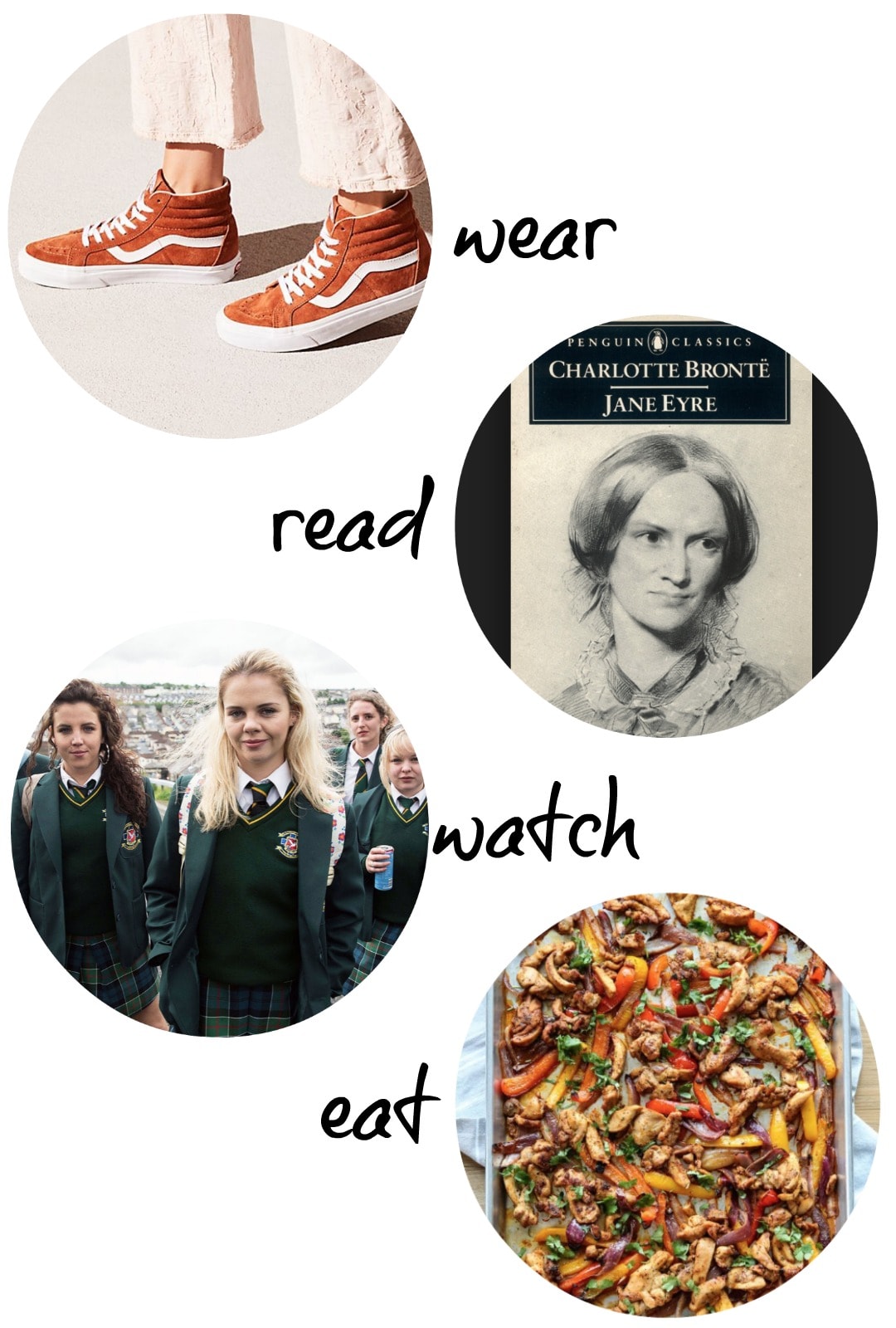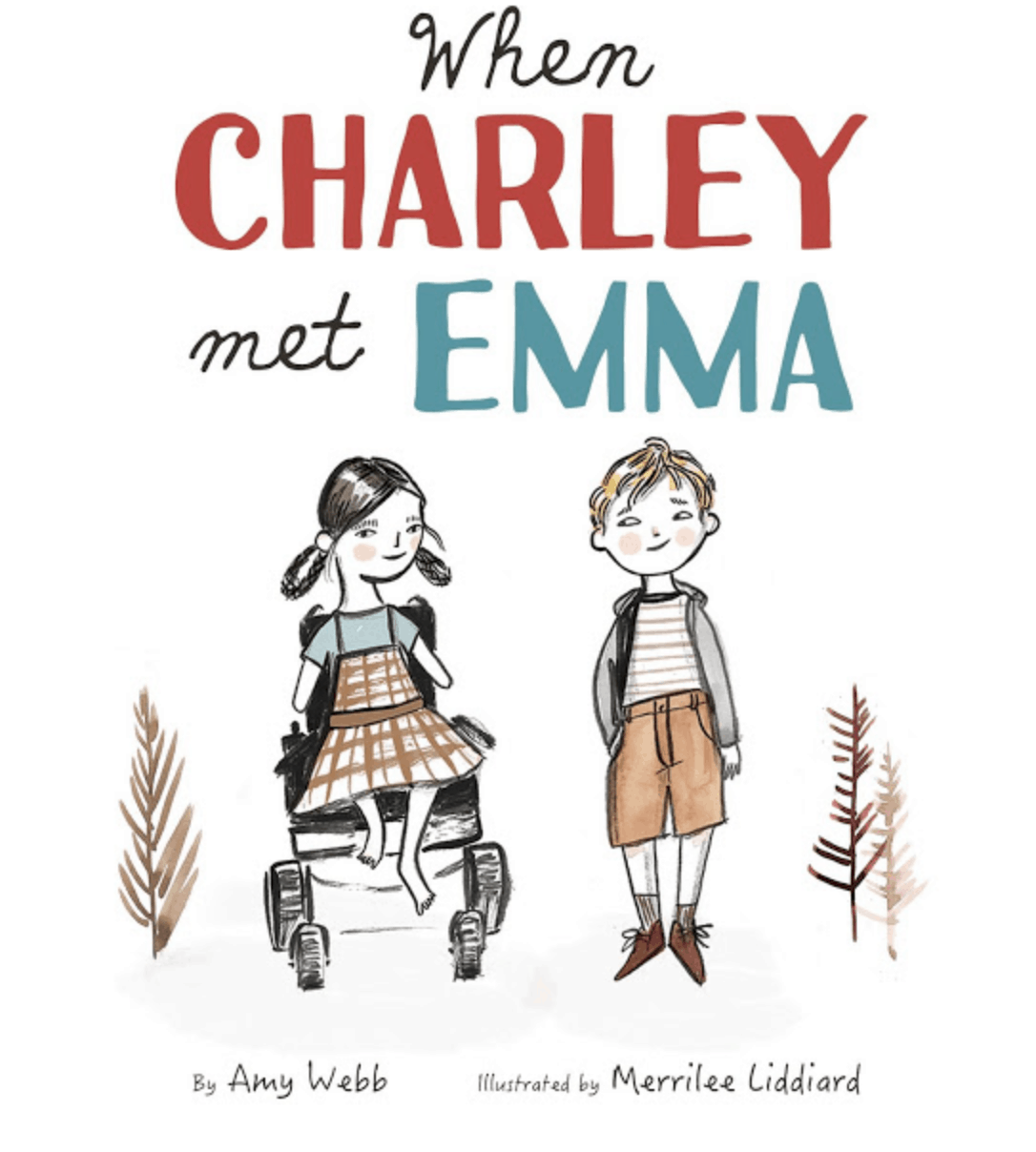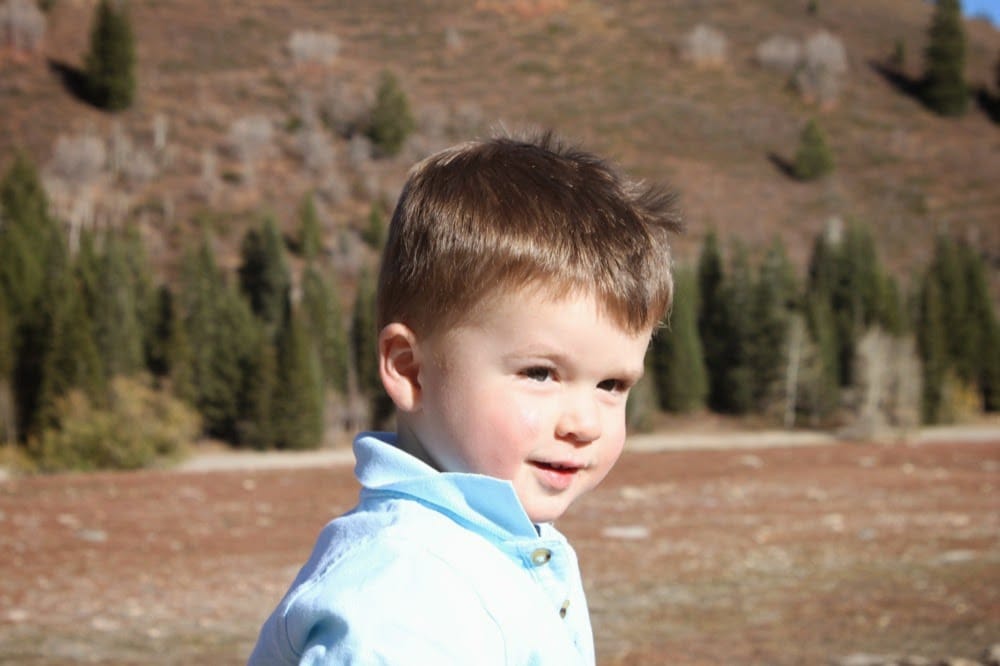Hi friends–Miggy here. When I don’t have a current spotlight I like to feature one from the archives. This spotlight happens to be the very first one I ever shared from an disabled adult–in other words, a first-hand account. I love interviewing families who are going through this special needs journey as their perspective is a valuable one, and in those early years we, the parents, are the voices and advocates for our children. However, I’ve also learned that as close as I am to my daughter, as much as I’ve experienced with her, I will never fully know what it’s like to walk in her shoes. My perspectives around disability shifted and opened up even more due to the many adults who have generously showed up in this space to share their valuable perspectives. Catherine was the first disabled adult to reach out to me and I’m so glad she did. Happy Friday.
*****
Hi Miggy! Thank you so much for having me! My name is Catherine, I am 22 years old and
I’m from Merseyside in the UK. I have congenital muscular dystrophy (CMD), a broad umbrella term for muscle-wasting diseases, which vary in severity and progression with every individual, but all present themselves at or soon after birth. My subtype of CMD, as yet unknown, is progressive in that I’ve lost skills and abilities as I’ve got older, and affects all voluntary muscles in my body. This means that I have very weak muscles and therefore require 24-hour support with all day-to-day activities and use a
wheelchair to get around. My respiratory muscles are also affected by muscle disease, so I use a non-invasive ventilator via a nose mask while resting or during sickness to support my breathing and a cough assist machine to prevent infection in my lungs. I also experience chronic hip and back pain due to my scoliosis.
Since leaving university last year, I live at my family home with my dad and older sister, though I am currently looking for my own place. I’m an employer to four full-time paid carers (caregivers), who provide my 24-hour support. I’m also hoping to get a part time job or voluntary position soon. I enjoy socializing
with friends, eating out, going to the cinema, shopping, doing arts and crafts, iPad, reading and watching TV and films. To relax, I mostly use my computer to surf the Internet, play games and watch TV shows on demand; I especially like it because it’s something I can do independently.
***************
Miggy: Catherine, I am so excited to be doing a spotlight first with you today. You are the first person I’ve interviewed who is not a parent or sibling of someone with special needs, but who actually has special needs themselves. I am so thankful to you for lending your experience, perspective and voice today, so thank you. Let’s start with your childhood, at what age were you diagnosed? Do you remember the first
time you really understood that you were different from other kids? Can you take us back to that realization and the thoughts and feelings you had?
Catherine: I was diagnosed with my condition at around a year or eighteen months old, so I can’t ever remember not being disabled, especially since I’ve never had the muscle strength to be able to crawl or
walk. I went to special needs nursery from age two, so I’ve been surrounded by peers with a huge range of different abilities, both physical and learning, from a very young age, which I think made me aware that everyone is different very early on in life. This, coupled with the fact that I have three older able-bodied siblings, means that I can’t really remember a time when I didn’t realize that I was different or had limitations compared to other people. When I started mainstream primary school at age seven or eight (in the UK, primary school starts at age five, but I was educated at a special needs nursery/school from age two until age seven, when it was decided that academically, I would do better in a mainstream school. This was at a time when mainstreaming special needs children was virtually unknown), I began to get very frustrated and upset that I couldn’t keep up with my classmates at playtime and in P. E. I also felt quite isolated and alone, since I was the only disabled student at the school. Thankfully, my peers were immediately very accepting of me, seeing me rather than my wheelchair/disability, and myself, my classmates and my teachers found ways to include me in games, activities and lessons.
Miggy: Tell us a little about growing up in your family. How did your parents help and encourage you through the years? Do you have any siblings? If so, how did those relationships shape you and
your perception of yourself? Do you feel like there’s something your parents or your family did really well as you were growing up?
Catherine: As I mentioned above, I grew up with three older able-bodied siblings. My parents treated me the same as them, obviously I needed more physical help than they did, but I was never really spoilt (well, maybe a little, since I am the youngest!) or wrapped in cotton wool. This made my disability just a
regular part of life, which I think has influenced my acceptance and positive view of my disability. I’m particularly close with my two older brothers, especially since our mum passed away when I was thirteen; as I am closest in age in to them, they were my role models growing up, and I always aspired to be just like them. This meant I was quite a tomboy when I was younger, always wanting to join in with the boys on their video games, and we were (and still are!) very competitive! I think this competitive streak has definitely benefitted me as I’ve grown up, it’s helped me become ambitious and determined to achieve my goals despite the barriers my disability may put in my way. As I’ve got older, my brothers and dad remain very close and have been my biggest cheerleaders, encouraging me to pursue my dreams, pushing me to achieve my potential and reminding me of the bigger picture and how much I have already achieved when I’m finding things difficult.
[readmore title=”Click here to read the rest of Catherine’s interview”]


